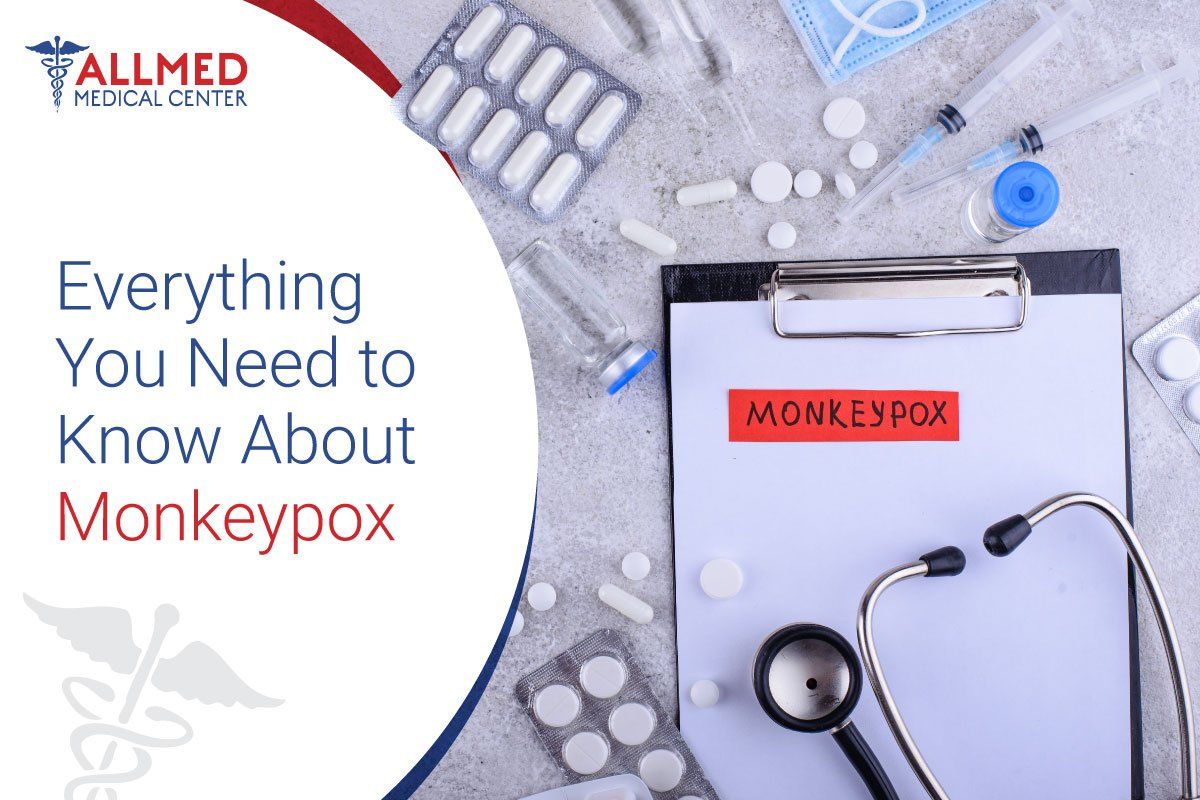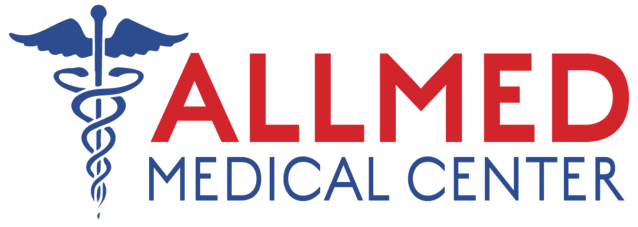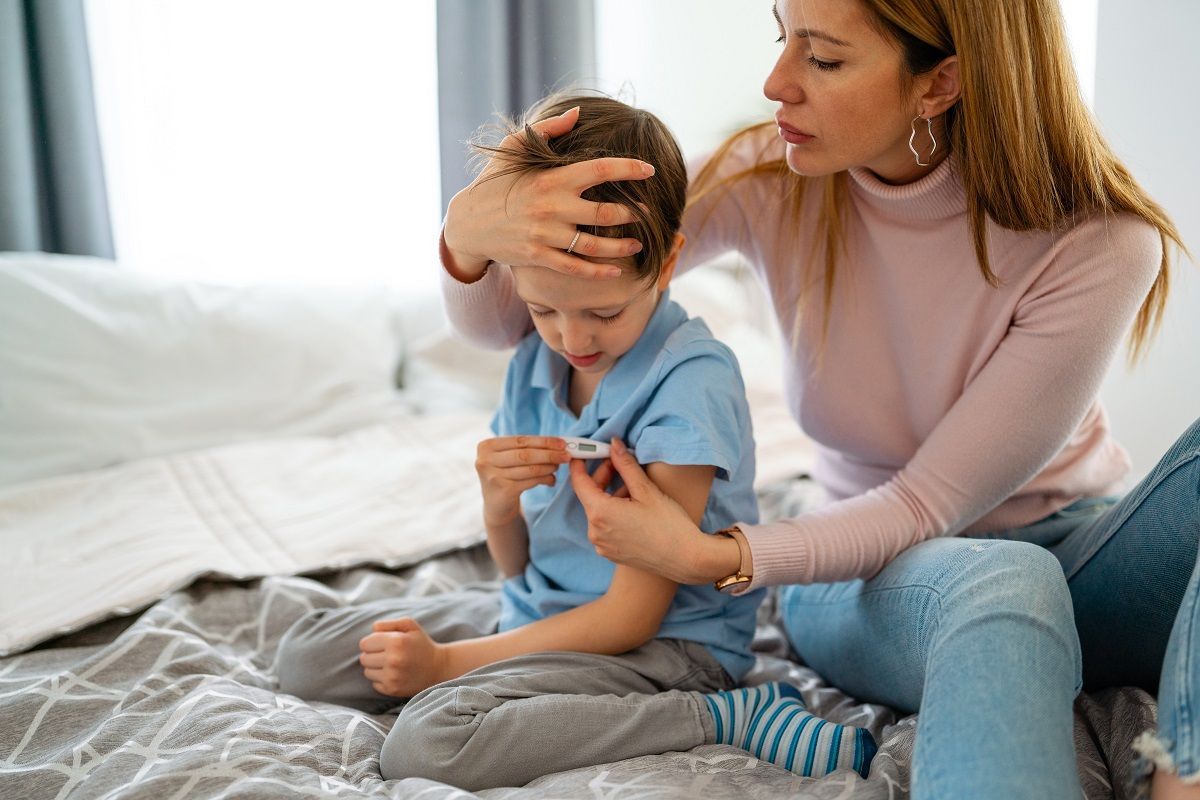
We Proudly Accept Medi-Cal and Medicare
Write your caption hereButton
Now Accepting Walk-ins!
Write your caption here

We Proudly Accept Medi-Cal and Medicare
Write your caption hereButton
Now Accepting Walk-ins!
Write your caption here

In early August 2022, the United States declared the "monkeypox virus" outbreak a public health emergency. The disease came a few months shy after overcoming the dreaded "Coronavirus." The World Health Organization (WHO) urged public health officials worldwide to look for the warning signs and symptoms. Learning everything you need to know about monkeypox can help save lives.
Although monkeypox is a rare disease, you should never take it lightly. Studies say that it behaves radically in ways never seen previously. That's one more reason to be cautious of the virus. This article will cover the essential information regarding monkeypox. We'll also go through practical management tips as recommended by health experts worldwide.
So, let's jump into our discussion.
What is Monkeypox Virus?
Monkeypox is an infectious disease that humans and animals can contract. It belongs to the family of Orthopoxvirus. It shares the same genus with "smallpox."
How is Monkeypox Transmitted?
The monkeypox virus is transmitted via exposure to contaminated body fluids or objects with tiny droplets. Researchers also suggested that it can also be airborne. Moreover, the fallen scabs from the lesions of an individual with monkeypox cause their spread.
How Do You Get Monkeypox?
Some animals are also carriers of the monkeypox virus. You can get infected from nipping, scratches, bites, and consumption of undercooked meat from these animals. In human-to-human contact, the virus takes longer to transmit. But that doesn't mean that you can be complacent. Remember that reports from infected individuals say that it can cause intense and debilitating pain, not to mention the possible complications. So, if you're thinking, "is monkeypox contagious?" The answer is yes.
Monkeypox Virus Disease Symptoms
Recognizing the monkeypox virus's signs and symptoms is crucial in managing the disease. Remember that the symptoms may not appear even after getting the infection. So, it helps to be vigilant at all times.
Early Signs of Monkeypox
- Headache
- Fatigue
- Muscle pain
- Flu-like symptoms
Advanced Cases
- Blistering rash
- Swollen lymph nodes
- Small bumps with clear fluid
- Larger bumps with yellow fluid
How Bad is Monkeypox?
The lesions from monkeypox can cause deep wounds and scars that can affect your quality of life. Individuals with monkeypox often get them in the soles of their feet, hands, necks, genitals, mouth, and throat. Pretty much all over the body. Depending on the affected area and the lesion size, it can be very troublesome.
The lesions appear within 5-21 days following the exposure. Unfortunately, they could last up to 2 months after recovery. The scabs often turn into scars.
How Did Monkeypox Start?
Monkeypox started back in the 70s. Recently, it has been reported that travelers from Nigeria to the UK in 2018 got infected. It has spread to multiple countries, including Singapore and the United States. The transmission pattern and the sources of infection are currently being reviewed.
Complications
The complications of the monkeypox virus often lead to secondary infections. Here are some of the difficulties as reported by health professionals
- Bronchopneumonia
- Scarring
- Visual loss
- Eye infection
- Encephalitis
- Sepsis
Treatment for Monkeypox
The typical scenario of monkeypox infection is usually mild. In addition, most cases go away without treatment. But keep in mind that it can be potentially lethal. Below are the methods used in treating monkeypox.
Vaccinations
Like most viruses, vaccinations are one of the best options in terms of treatment and management. Currently, 2 vaccines have been given a license by the Food and Drug Administration. The first one is Jynneos. Studies say that it has an 85% efficiency against the monkeypox virus. The vaccine is ideal for individuals 18 and older.
ACAM2000 is the other vaccine. This vaccine is a "newer version" of the first generation of smallpox vaccination used in humans.
Therapeutics
Patients infected by the monkeypox virus are provided with appropriate amounts of fluids and healthy foods. This method helps with maintaining the patients' nutrition intake. The monkeypox rash and the secondary infections are treated as indicated.
Monkeypox Prevention
Raising awareness by spreading factual information is one of the best ways to prevent monkeypox from spreading. Recognizing the signs and symptoms can improve your chances of not catching the disease or improving your recovery.
Tips
Minimize Contact with an Infected Individual
Human-to-human contact with an infected patient increases the spread of the virus. The same can be said of exposure to objects with contaminated droplets.
Reduce Animal-to-Human Transmission
Avoid animals in the wild and bushmeat. These creatures can carry the virus and transmit it to humans. In addition, make sure that you cook "meat" thoroughly before consumption.
Observe Restrictions on Animal Trade
Captive animals that come from other countries may be infected by the virus. Always follow the regulations of animal trade restrictions to reduce the risks of infection.
Protect Yourself from Monkeypox
AllMed Medical Center prioritizes you and your family's health. We offer top-quality healthcare services to boost your immune system to protect you against monkeypox. Our vaccination program is guaranteed to be safe and effective.
Call our hotline today and schedule an appointment. You can reach us by dialing 1-8333-255-6332. You can also look for your preferred clinic by clicking this
link.
We hope to hear from you soon!
AllMed Medical CentersServing
Greater Sacramento
Allmed Medical Center | All Rights Reserved.










